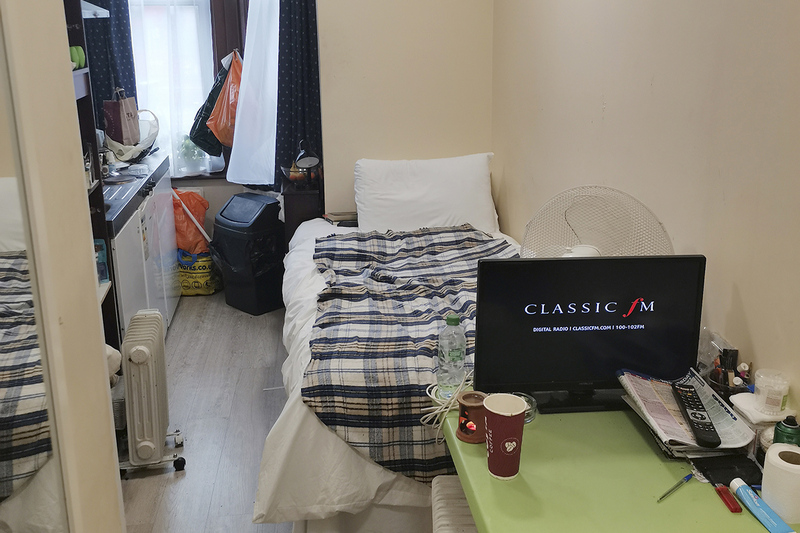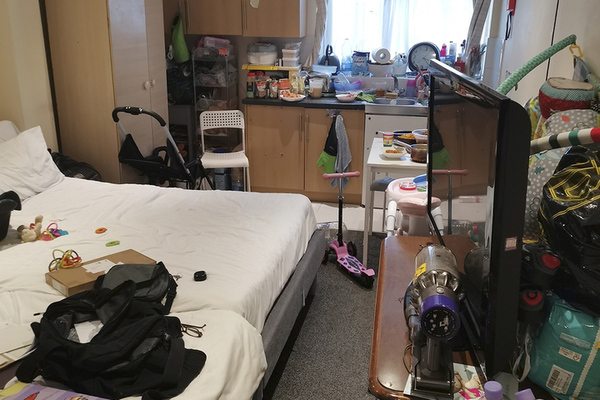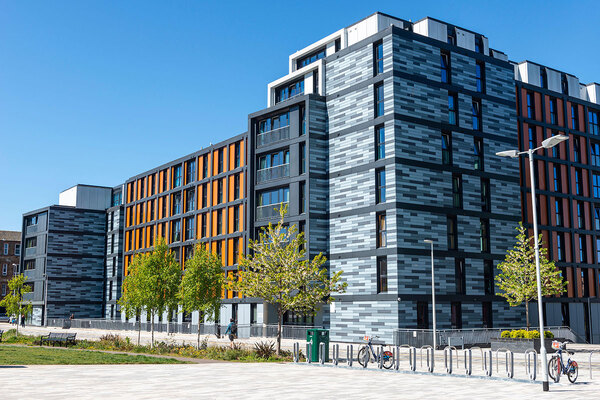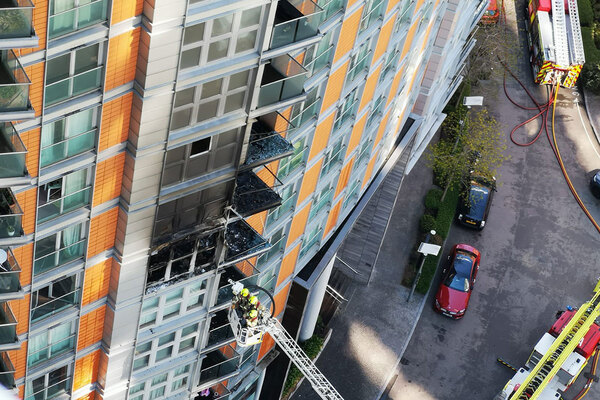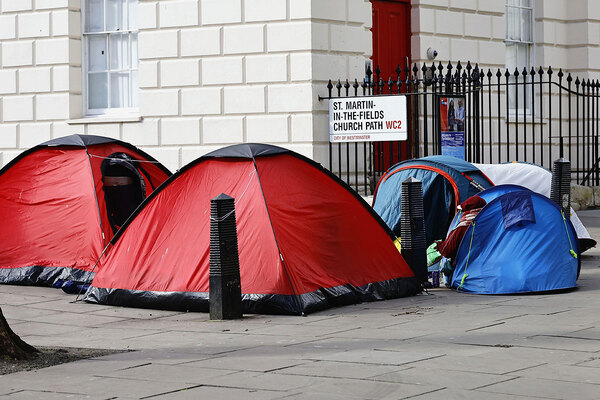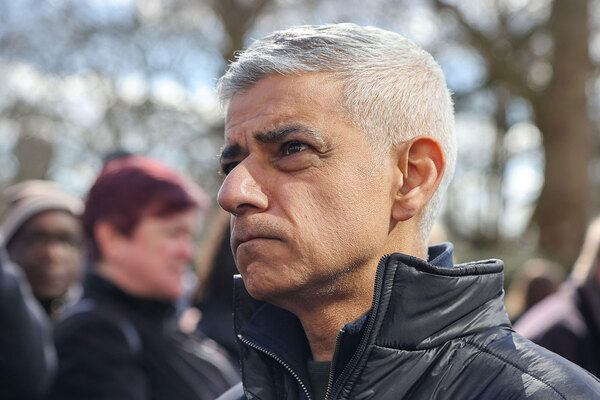Charity warns one in four homeless households turned away from temporary accommodation by Christmas
One in four homeless households will be turned away from emergency accommodation by their council in the run-up to Christmas, the Salvation Army has warned.
Based on analysis of government figures, the charity has predicted that around 23,500 households in England will be classed as homeless in the last quarter of 2023.
Of these, around 5,500 homeless households will not qualify as in priority need for emergency accommodation and could be sleeping on the streets by Christmas.
The analysis also found that in the first three quarters of 2023, at least 15,500 homeless households in England will have already been denied emergency temporary accommodation by their council.
Under homelessness legislation, local authorities in England only have a duty to find emergency accommodation for people who are classed as in ‘priority need’.
This includes pregnant women, people with dependent children, people who are homeless because of domestic abuse, and people who are vulnerable because of old age, mental illness or disability.
The government’s homelessness guidance for local authorities says that to be ‘vulnerable’, in some of these categories, a person must be “significantly more vulnerable than an ordinary person would be if they became homeless”. This sets a high bar and can be difficult to establish, the Salvation Army said.
As a result, the charity is calling for a change to homelessness legislation so that rough sleepers are added to the priority need list for emergency and then longer-term housing.
In the long term, it believes the priority need list should be abolished so everyone who is homeless can be helped.
A government spokesperson said: “Nobody in our society should have to suffer the injustice of living a life on the streets, deprived of shelter, warmth and basic necessities.
“This government has made the unprecedented commitment to end rough sleeping and fully enforce the Homelessness Reduction Act.
“Last year, we published our new cross-government strategy ‘Ending Rough Sleeping for Good’, setting out how we are investing £2bn over the three years to tackle homelessness and rough sleeping.”
Sign up for our homelessness bulletin
Already have an account? Click here to manage your newsletters
